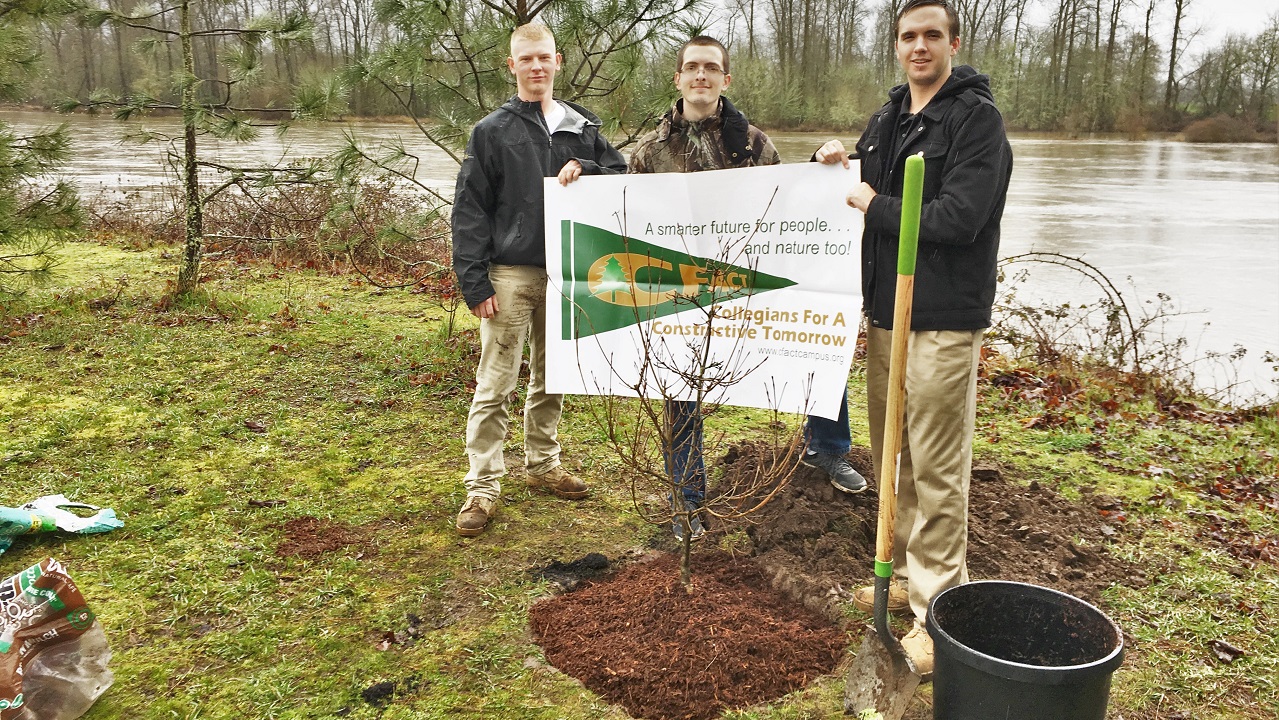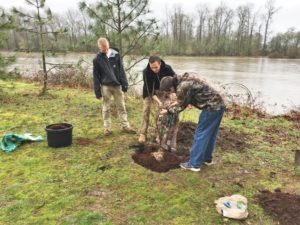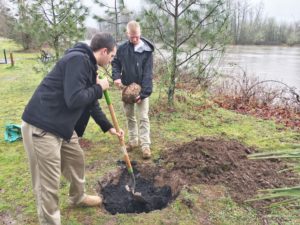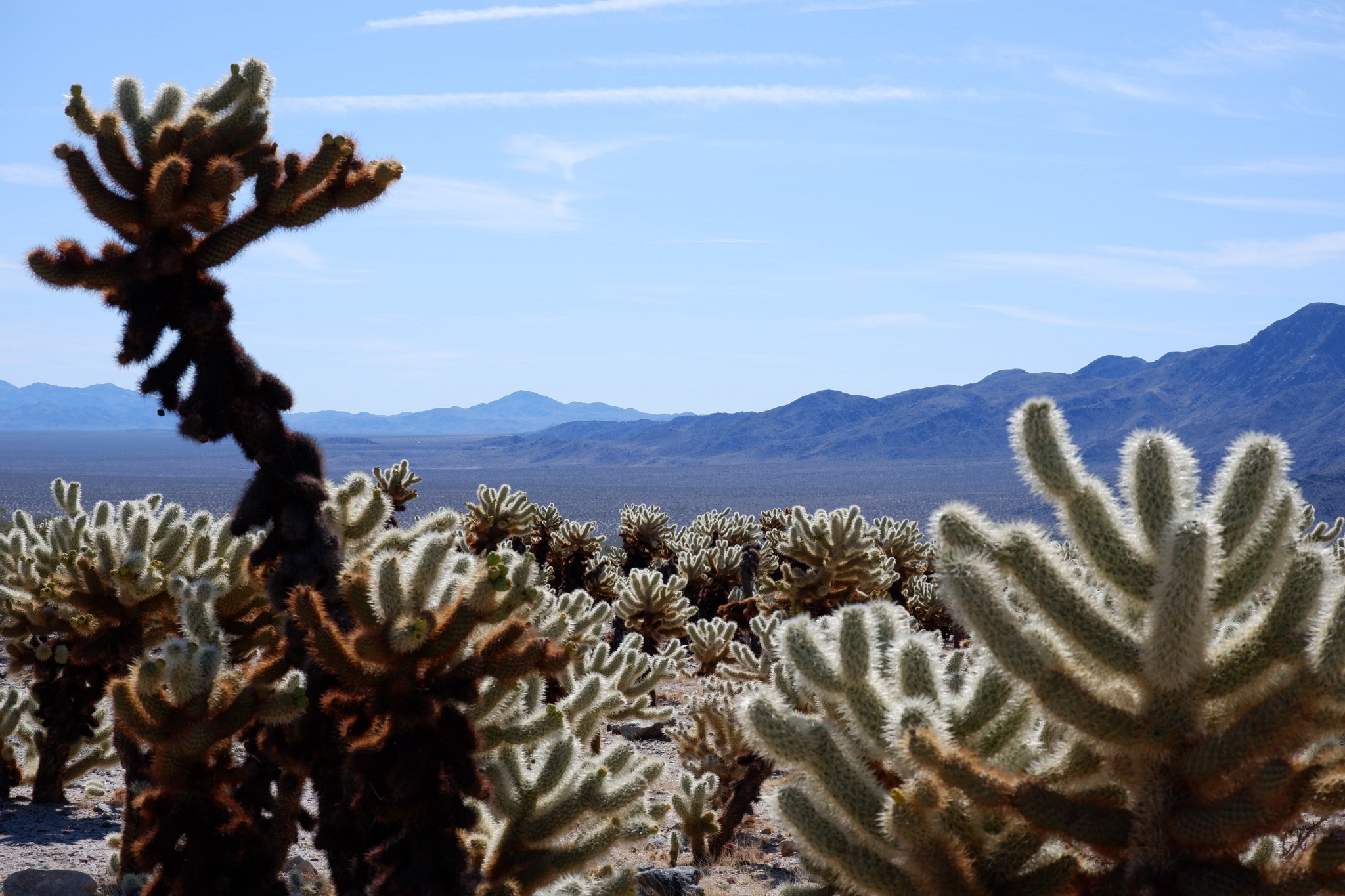
A mature kousa dogwood tree in full bloom. This is what the students’ tree will eventually look like.
Collegians at Oregon State University in Corvallis, Oregon wanted to show the left that they do not have a monopoly on environmental stewardship. They thought there was no better idea than to visit nearby Willamette Park, right on the banks of the Willamette River and plant a tree to benefit both humans and nature.
“We thought the kousa dogwood tree would be perfect because it is resistant to the anthracnose disease which hurts a lot of trees of its kind, is
resistant to cold, and has fruit and nuts edible by animals,” said freshman William Hull. “Plus it’ll be very pleasing to the eye. I know it doesn’t look like much right now, but soon it will be at least 26 feet tall and bursting with beautiful white petals.”
In addition, a leafy tree like the kousa dogwood provides more oxygen than an evergreen tree, because it’s leaves are much wider. The location the students chose for the dogwood is also nearby a walking and biking path, and within plain view of soccer fields used for schools and local leagues. Anyone who visits Willamette Park will easily see the tree.
“Going out here and getting your hands dirty is what it’s all about,” said freshman Brandon Bodenhamer. “Other groups hand out flyers about protecting the environment, then pat themselves on the back. We actually go out and do something about it.”
The park, which is 287 acres, is the largest park in Corvallis, OR. It is popular not just for its soccer fields, but frisbee golf areas, and that it is an “off-leash” area for dogs, so pets can run free and enjoy the outdoors as well. The blossoms of the kousa dogwood tree appear in late spring.
“We’re definitely going to come back and see how the tree is growing,” said William. “Hopefully we’ll get some flowers before too long.”





